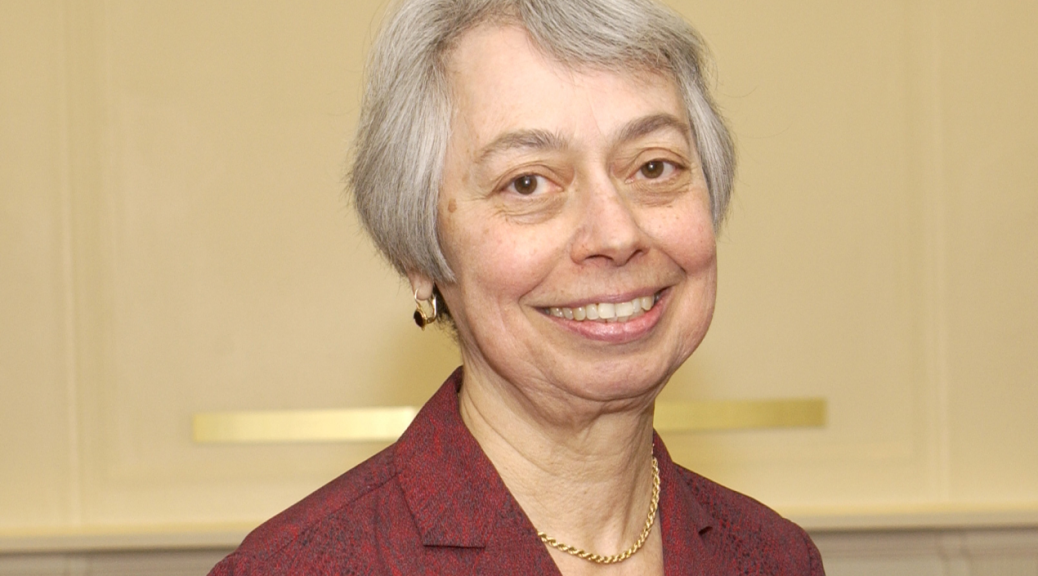JOAN FERRANTE
Professor Emerita of English and Comparative Literature
Let me start setting the picture, first, of the women who were originally involved. In the early days—that is, in the ’60s—the only place women normally could teach at Columbia—and I’m not including Barnard, which was a separate operation altogether—was at General Studies. There were quite a few women on the faculty at General Studies, and because the graduate school didn’t have the same sense that the college [Columbia College] had, that our precious young men must be protected from women at all costs, they were encouraged to teach in the graduate school as well. So we taught in General Studies and in the graduate school.
That was the setting. There we were. Now, we got paid less, as we discovered later, than the men, and so forth. The men taught in the Core Curriculum. They got—I believe it was a year off after teaching three years in the Core Curriculum. We got no time off, so we had to do our research on top of the teaching, with no help at all, which meant it was much harder to get tenure for the women and so forth. That’s the sort of background.
Our department had four tenured women when affirmative action began, and all of us had come through General Studies originally, and then taught in the graduate school. By twenty years later, we had six tenured women in the department. Some of the older ones had retired and some new ones had come in, but there was a net gain of two in twenty years. Princeton, meanwhile, in those same twenty years, had gone from two to nineteen, and other places were making some sort of advances. Nobody was doing too much, but Columbia was particularly recalcitrant. It absolutely did not want to give an inch. It kept saying, “We have to worry about quality.” The truth of it is that a lot of the people, particularly in the humanities, which is what I know most about—although the sciences were never very good with women at any level—they tended to be a little old-fashioned in their approach to things. Women were not only presenting a different face to the faculty, but they were also doing different kinds of things, and that was a problem.

